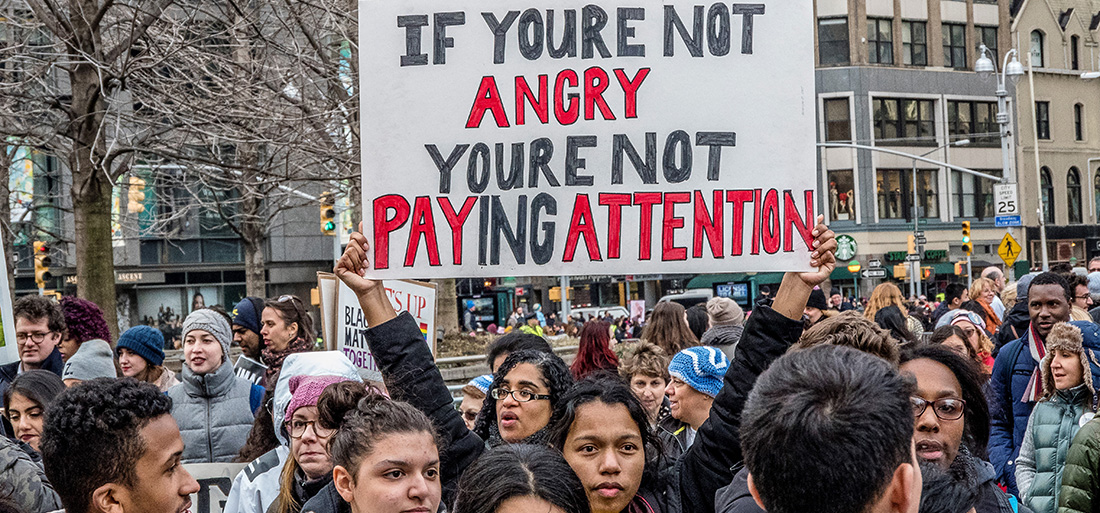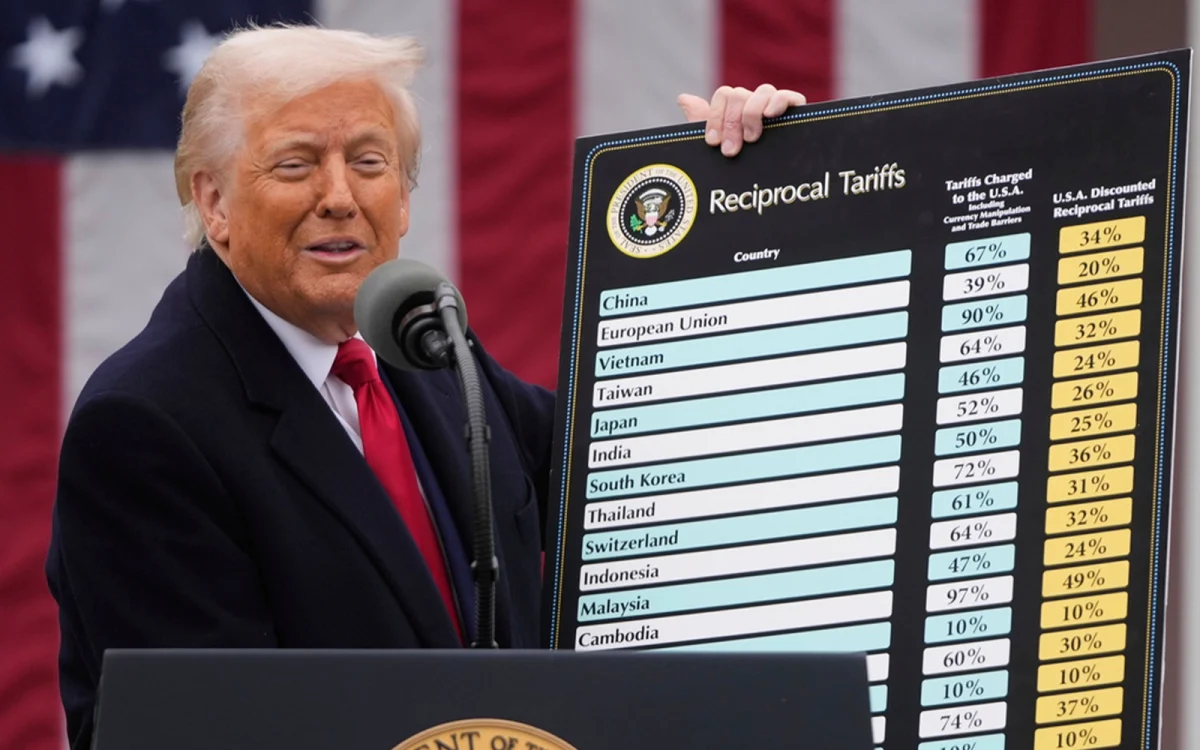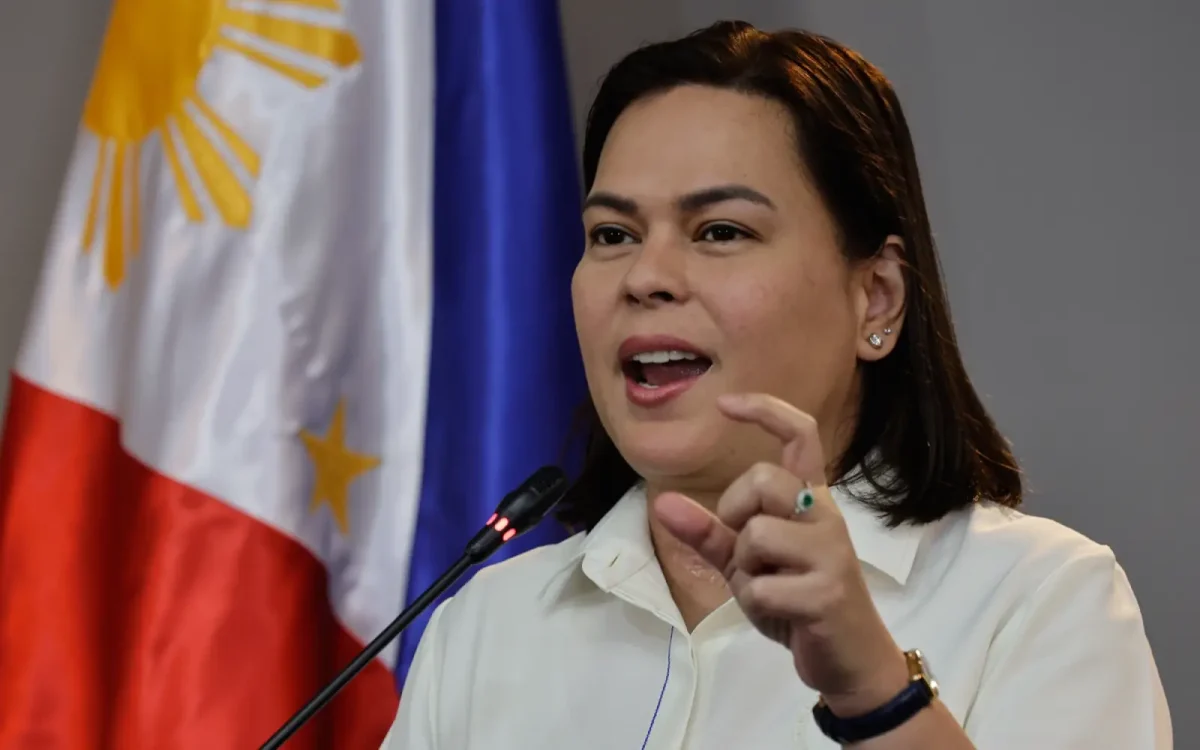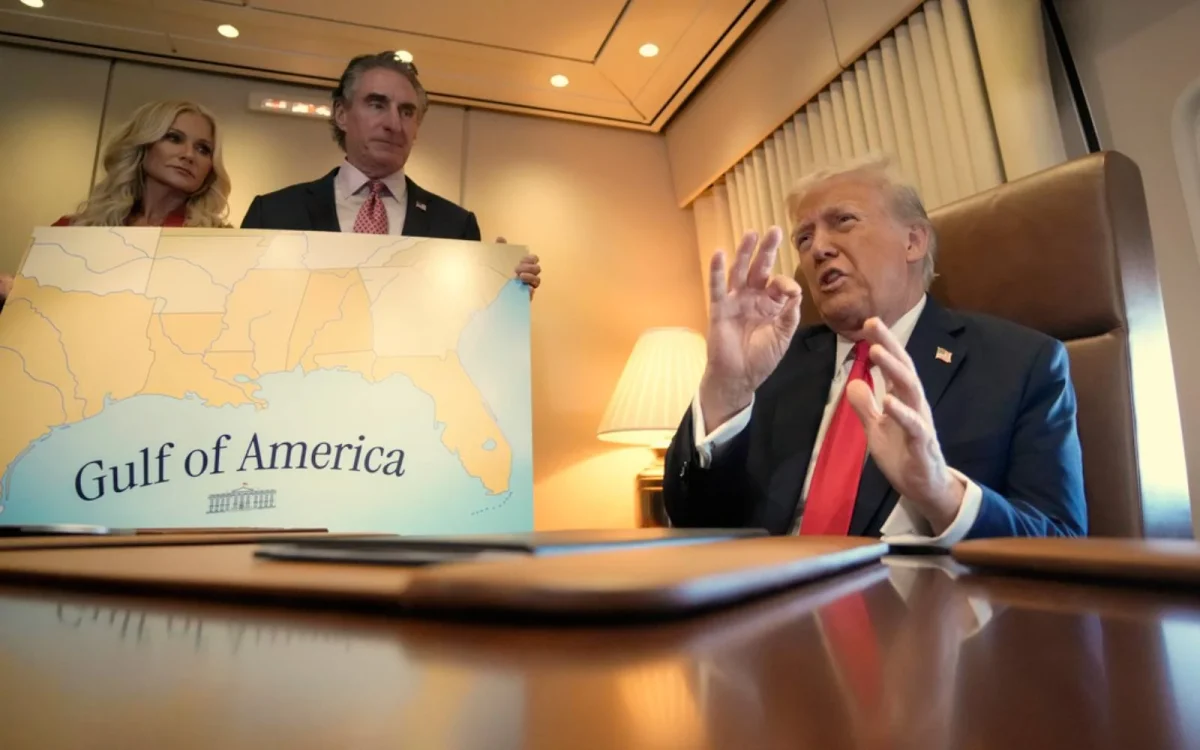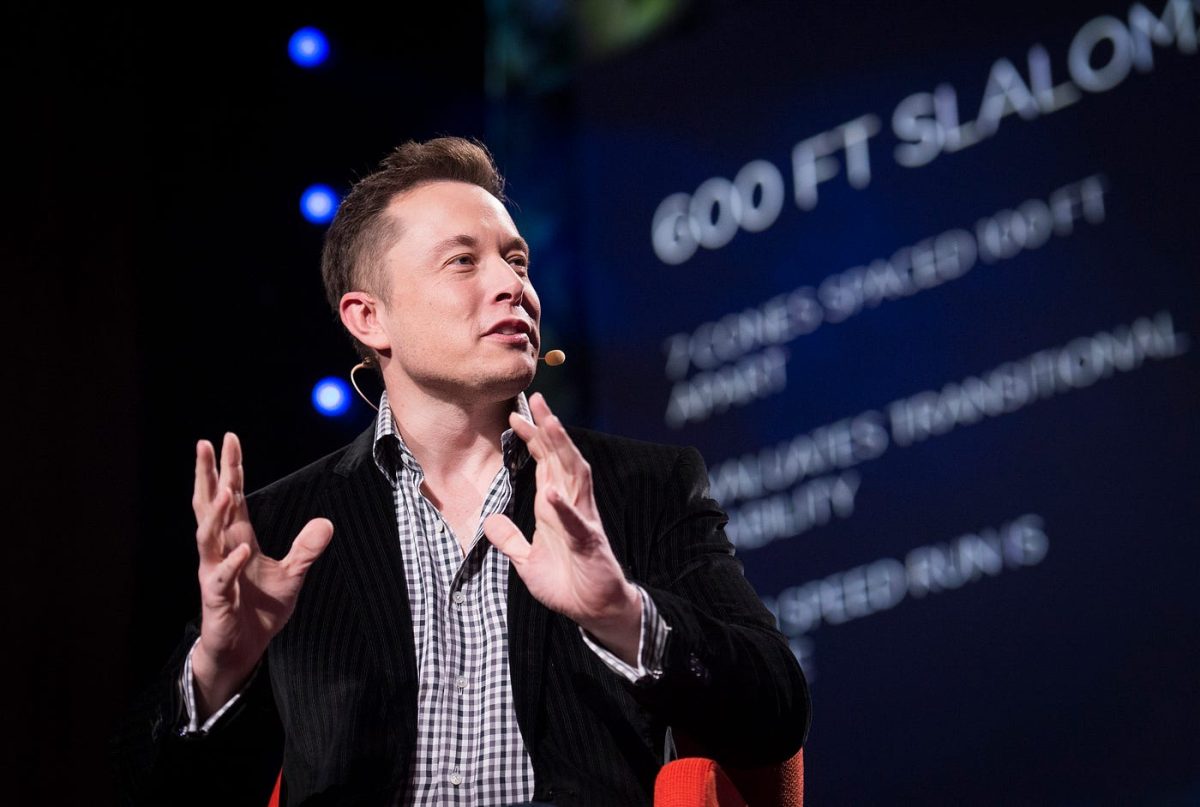The 4B movement– you may have seen the term in a comment on TikTok or scrolling through CNN articles– but what is it? The 4B movement is a radical feminist crusade that originated in South Korea, also referred to as the Four Nos movement as the Korean word for no can be roughly translated to bi. The four pillars of the movement each begin with these words: no dating men (비연애 or biyeonae), no getting married to men (비혼 or bihon), no sexual activity with men (비섹스 or bisekseu), and no having children with men (비출산 or bichulsan). While it was originally limited to South Korea, women in the United States have taken an interest in it as a result of the 2024 presidential election.
The 4B movement took root in the 2010s, building off of preexisting South Korean feminist movements, such as Escape the Corset. Escape the Corset started in 2016 as a means of shunning the intense beauty standards that governed their lives. Women in the movement cut their hair short or destroyed makeup and skincare, challenging the patriarchy that rules their society and the billion dollar beauty industry that profited off of their insecurities. Another source of inspiration for 4B was the #MeToo movement in South Korea. #MeToo actually originated in the US in the 2000s, but entered South Korea in the 2010s. It was a way for women to share their experiences with sexual harassment to encourage a cultural change and to open peoples’ eyes about the hidden acts of violation that happen everyday. Like the American movement, there was a focus on rebuking misogyny in the workplace and non-consensual explicit images. However, in South Korea, the “comfort women” of the Japanese army during WWII and the Koran occupation were also encouraged to share their stories. Additionally, Cho Nam-ju, author of the Kim Ji-young, Born in 1982 novel, received credit for the 4B movement thanks to the ideals her book challenged.
As the 4B movement is mainly online, it’s unclear exactly how widespread its membership is. You can’t find a 4B website or google the names of the leaders, but the Asian country’s immense gender pay gap and attempts to combat the low birth rate continue to spark outrage in the hearts of women who find themselves continually viewed as the lesser gender or human incubators. It appears that the feminist crusade may have lost some of its force since inception, but interest in the West has breathed new life into it.
Since Donald Trump won the 2024 election, there has been a surge in online sexism. Perhaps it’s some kind of affirmational response to Trump’s many misogynistic comments, such as one about his daughter from The Week: “She does have a very nice figure … if [she] weren’t my daughter, perhaps I’d be dating her,” or on Carly Fiorina, “Look at that face. Would anybody vote for that?” Perhaps it’s a way of celebrating the fact that a white man, rather than a woman of color, was once again elected to the executive office. Either way, American women on social media have begun to view the 4B movement as a means of escape from the threat this election has posed to their rights.
Donald Trump’s position on reproductive rights has shifted back and forth throughout the years, but he still poses a possible threat to female bodily autonomy. In 2011, Trump first declared that he was pro-life while speaking at the Conservative Political Action Conference. In 2016, he acknowledged the beneficial services that the Planned Parenthood organization provided, and then declared that he intended to defund it due to his stance on abortion. Later in the year, he vowed that he would appoint as many Supreme Court justices as necessary to overturn Roe v. Wade. In 2017, the Trump administration supported a House bill to ban abortions past 20 weeks of fetal development. In 2022, Roe v. Wade was overturned thanks to the support of the three justices that Trump appointed to the Supreme Court. The president told Fox News that this decision was made by God. In early 2024, Trump suggested that the abortion question should be decided by the states and no one else. And this is simply Trump’s previous comments, there are countless other ways that female sexual and reproductive health could be harmed by his recent election. One such example is Project 2025, which would spread misinformation and weaponize federal support for Medicaid along with blocking access to abortion care.
Many women, especially those living in states where their right to reproductive care has already been limited, view the 4B option as a last resort to avoid dying of an ectopic pregnancy or being forced to have an unwanted child. In a world where there is no certainty and not even control over one’s body is guaranteed, the 4B movement embodies the phrase “my body, my choice.”

